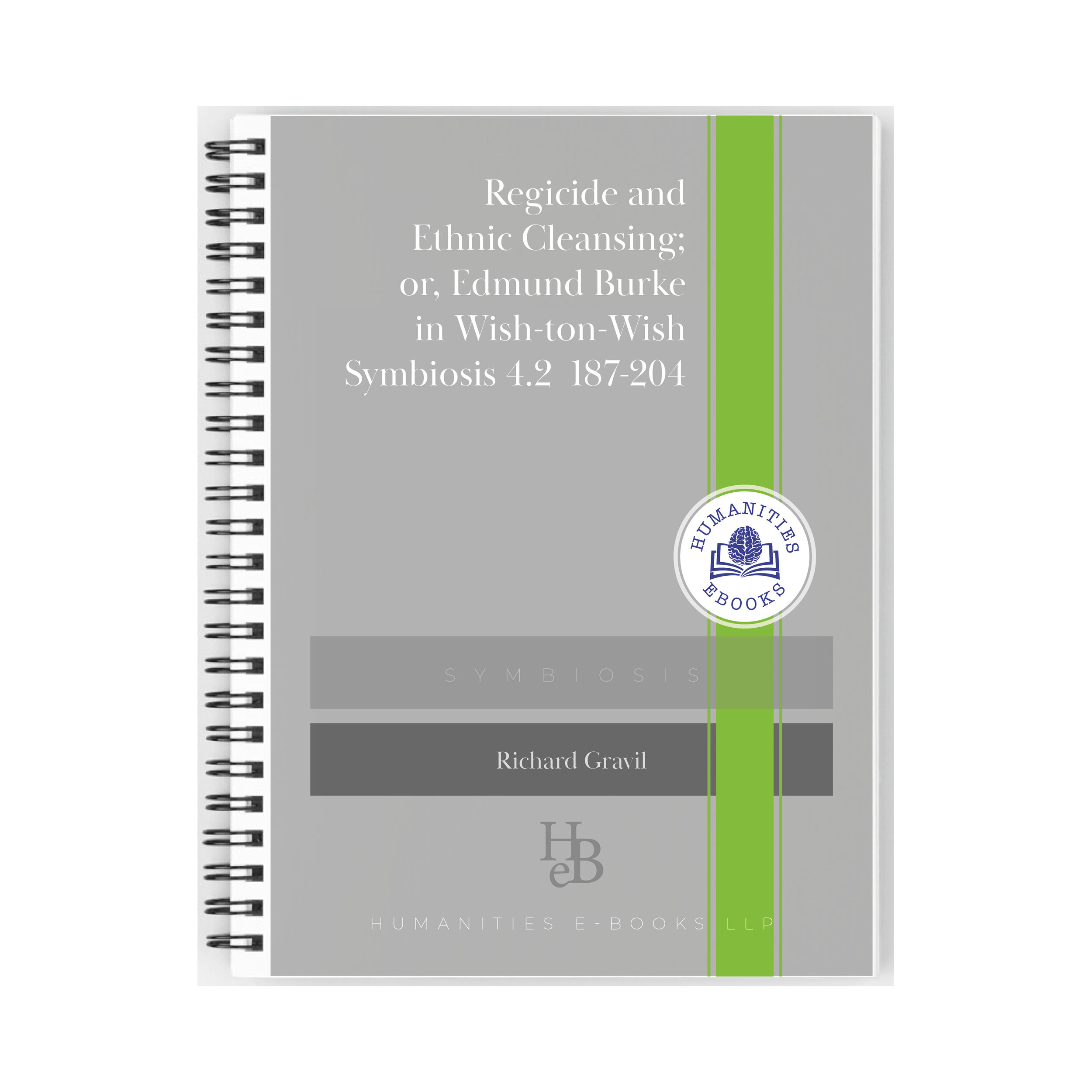extract
My two transatlantic millennialists are connected by a Unitarian thread. Priestley was the most famous Unitarian of the eighteenth century, while Barlow’s tutor at Yale was father of Joseph Stevens Buckminster, who became Unitarian minister of Bradwell-Street Chapel, Boston. Thomas Jefferson, writing from Monticello in 1822, confidently predicted that ‘the present generation will see Unitarianism become the general religion of the United States’. Jefferson provides a personal link between my two millennialists, in that his letter of introduction brought Priestley and Barlow together. They met in London at the shop of the Unitarian bookseller, Joseph Johnson, publisher of the Analytical Review, and publisher of Wordsworth’s early poems, Mary Wollstonecraft’s works and most of the radical pamphlets of the 1790s – including those of Priestley and Barlow.
author
Stuart Andrews is now Librarian of Wells & Mendip Museum, UK, after more than 30 years of teaching. His special interest is the way in which slogans,' spin' and full-blooded propaganda - rather than historical reality - shape public perceptions of events. Among his recent publications on this theme are The British Periodical Press and the French Revolution, 1789 - 99 (Palgrave/Macmillan, 2000) and Irish Rebellion: Protestant polemic 1798 - 1900 (Palgrave/Macmillan, 2006). He now focuses on the role of slogan-making in the Bolshevik Revolution. Political theorists (he concedes) may not themselves orchestrate revolution, but they can provide a ready-made vocabulary with which to justify it.
 Image 1 of
Image 1 of









